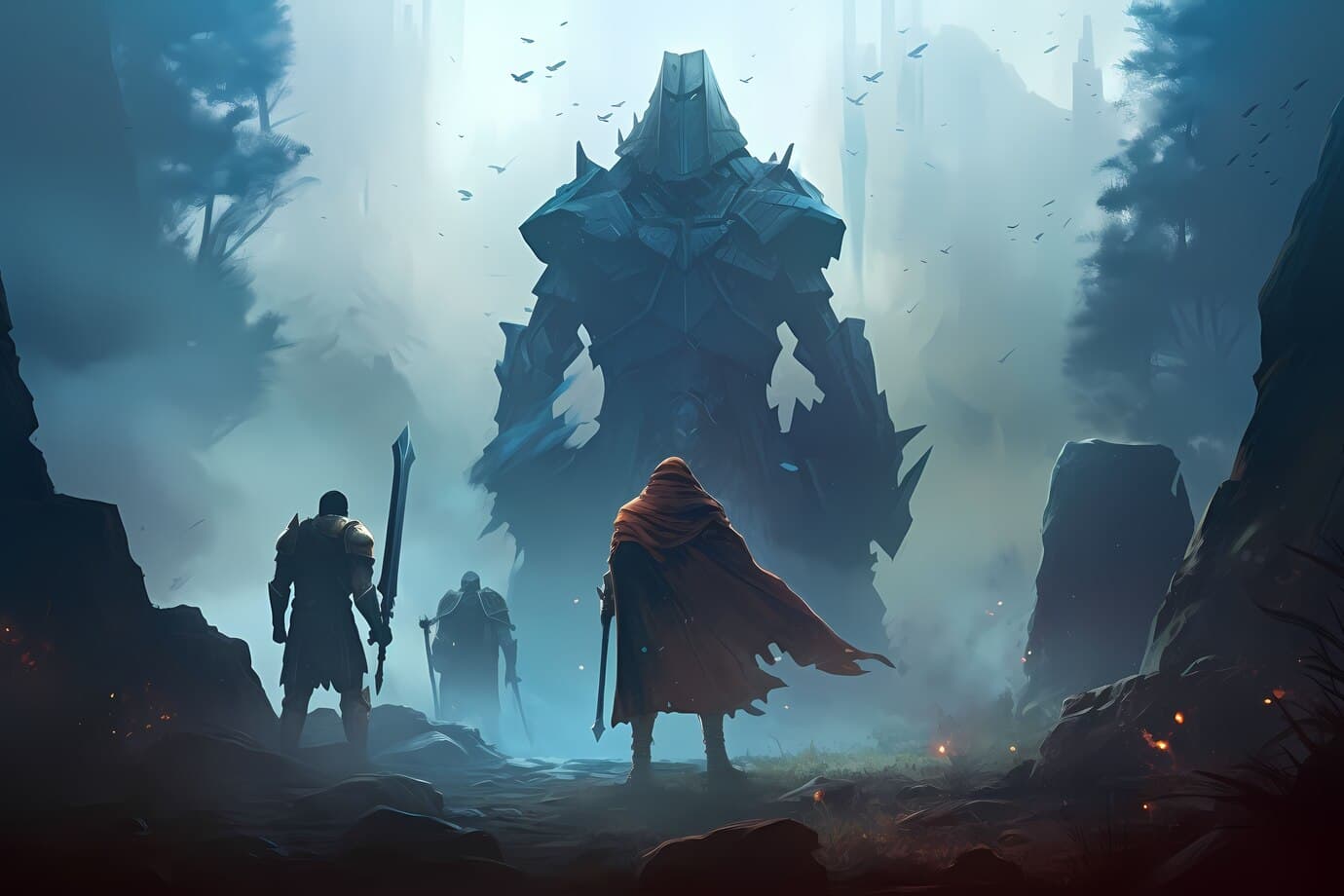Think of the characters who have stayed with you long after you’ve closed the book. What makes Sherlock Holmes, with his brilliant mind and jarring social habits, so enduring? Why do we remain fascinated by the tragic fall of Darth Vader or the quiet defiance of Elizabeth Bennet? These figures are more than simple collections of traits; they are intricate constructions of psychology, desire, and purpose that resonate with our own humanity. While stories are built on plot, they are remembered for their characters.
The secret to an unforgettable hero or villain doesn’t lie in a simple formula. It’s not about the sharpness of their wit, the strength of their powers, or the darkness of their deeds alone. Instead, it is a delicate alchemy of believable motivation, compelling complexity, and a profound impact on the narrative and the reader. To understand what makes a character immortal, we must look beyond the surface-level archetypes of “good” and “evil” and explore the very architecture of their fictional souls.
The Architecture of a Legend: Beyond Good and Evil
The most memorable characters are rarely one-dimensional. A flawless hero is often unrelatable and, frankly, boring. A villain who is evil for the sake of being evil is a caricature, not a character. The foundation of a legendary figure rests on a compelling internal world that drives their every action. This begins with motivation. An unforgettable character’s goals are clear, powerful, and deeply personal. A hero doesn’t just save the world; they fight to protect a loved one, to avenge a past trauma, or to uphold a deeply held belief. This core motivation is the engine that drives them through the story’s challenges and makes their triumphs and failures emotionally resonant.
Complexity is the second pillar. Unforgettable characters are layered with contradictions and flaws. A hero might be brave in battle but crippled by self-doubt in their quiet moments. A villain might be ruthless in their methods but show moments of genuine love or vulnerability, revealing a flicker of the person they might have been. Think of Severus Snape from the Harry Potter series—his bitterness and cruelty are constantly at odds with his profound, unwavering love for Lily Potter, making him one of literature’s most debated and unforgettable figures. This moral ambiguity invites us to analyze and question them, transforming us from passive readers into active participants in their psychological journey. It’s their flaws that make them feel human, and it is in that humanity that we find a connection.
The Echo They Leave: Impact and Reader Connection

A character’s internal world is only half of the equation. Their memorability is cemented by the impact they have on the world around them and, most importantly, on us as readers. An unforgettable character possesses agency; they make choices that actively shape the narrative. They don’t just react to the plot; they are the plot. Their decisions have tangible consequences that ripple through the story, forcing other characters to react and evolve. This sense of agency makes them feel real and vital, as if the story could not exist without them.
Furthermore, the greatest characters act as a mirror, reflecting our own values, fears, and aspirations. We see our potential for courage in a hero’s sacrifice and our capacity for darkness in a villain’s logic. When a character grapples with a moral dilemma, we are forced to consider what we would do in their place. This deep, often subconscious, connection is what makes them stick with us. They become vessels for the story’s central themes, embodying ideas like hope, justice, despair, or corruption.
The journey of transformation, or the character arc, is often the final element that ensures their legacy. A character who starts in one place and ends in another, changed by their experiences, provides a deeply satisfying narrative. This evolution doesn’t have to be a complete reversal from bad to good; it can be a subtle shift in perspective or a tragic descent into ruin. The most powerful character arcs typically include:
- A clear and relatable starting point.
- An inciting incident that challenges their worldview.
- A series of trials that force growth and self-discovery.
- A climactic moment of choice or confrontation.
- A meaningful resolution that demonstrates their change.
Ultimately, heroes and villains become unforgettable when they transcend their roles as simple plot devices. They are born from a powerful “why,” are given depth through flaws and complexity, and become immortal when their actions force us to look within ourselves. They are not just people on a page; they are living ideas, and that is a kind of magic that even the most powerful fictional wizard would envy.

